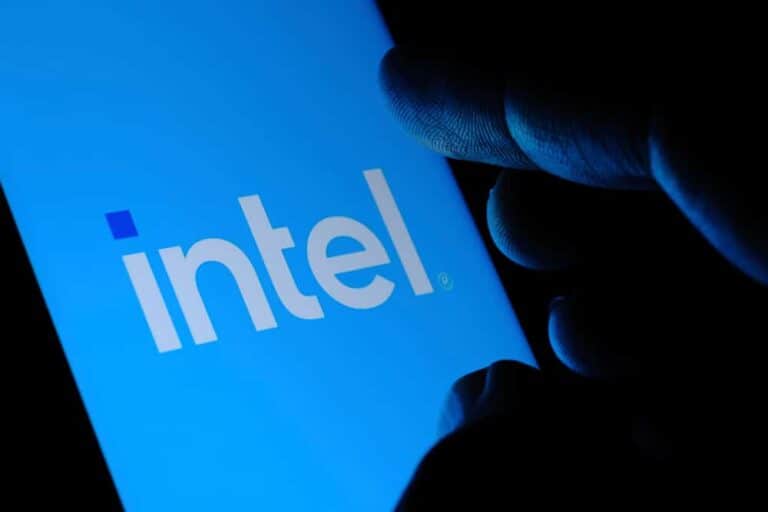Intel presented its financial figures last week, following earnings calls from Microsoft, Google and Samsung, among others. These showed that it had a profitable quarter, thanks in part to the significant downsizing the company has undergone under Pat Gelsinger’s leadership. The chip giant also looked ahead to AI’s future role in its product line.
Intel posted quarterly revenue of $12.9 billion (€11.7 billion), which was 15 per cent lower than in Q2 2022. Still, that was better than expected because of demand in the PC market being unimpressive across the board at the moment. The company had a net profit of $1.5 billion (1.36 billion euros).
Meanwhile, Google and Microsoft could also count on good quarterly figures, mainly thanks to the upturn in the cloud.
Also read: Microsoft and Google see profits rise thanks to cloud divisions
AI hype creates demand, but not for CPUs
Unlike Nvidia, Intel has not yet been able to capitalize on the hype surrounding AI, which has led to huge GPU demand. Organizations want to buy Nvidia hardware en masse or tap into them in remote data centers for AI purposes, but competitors AMD and Intel are lagging on performance.
CEO Pat Gelsinger does think there are future opportunities in AI. “Our strategy is to democratise AI, scaling it and making it ubiquitous across the full continuum of workloads and usage models,” he revealed during the earnings call. “We are championing an open ecosystem with a full suite of silicon and software IP to drive AI from cloud to enterprise, network, edge and client, across data prep, training and inference in both discrete and integrated solutions.”
The design of AI hardware seems somewhat unclear for the future. Where Nvidia, for example, is investing in the availability of an AI supercomputer in the cloud, Qualcomm thinks that all kinds of smaller local devices together could lead to impressive performance in this area. In this regard, Intel is well positioned to compete on all fronts: its more extensive GPU plans are still in their infancy, but there will be more fully-fledged AI capabilities in its future CPU and GPU chips for laptops and desktops. This is what the company hinted at last year, too.
Tip: Intel AI hardware is an increasingly viable Nvidia alternative
